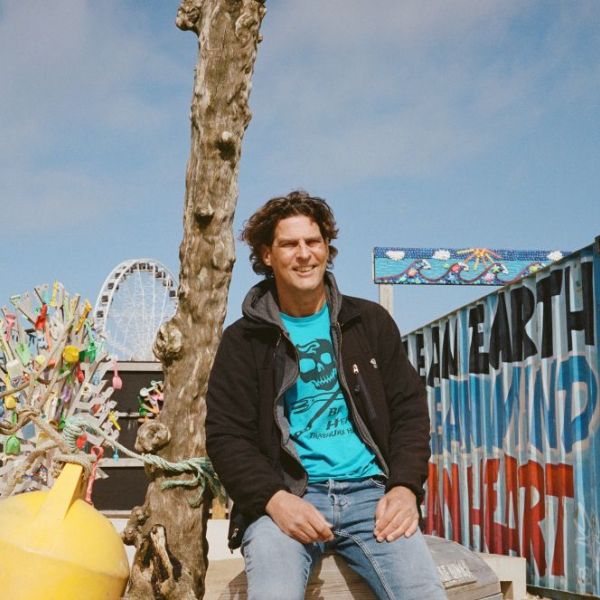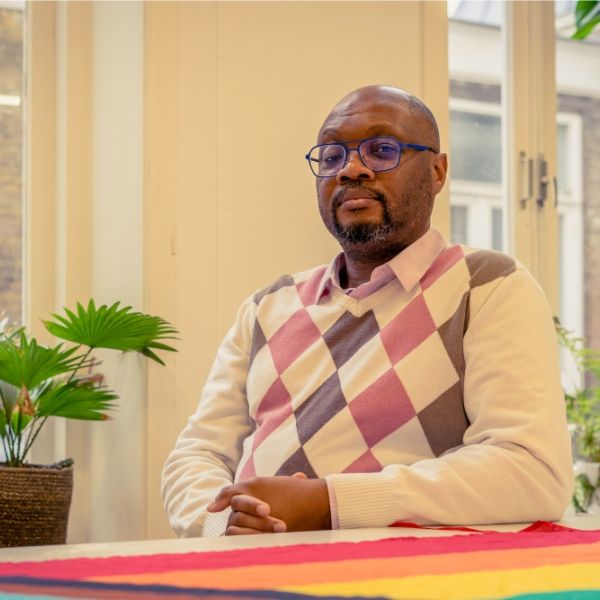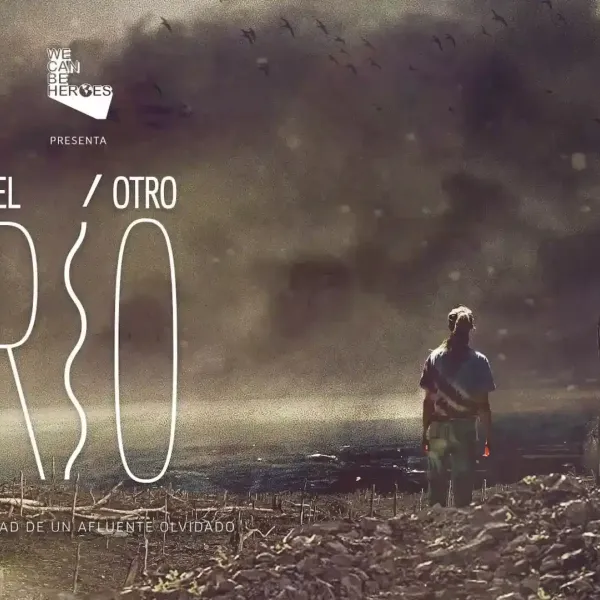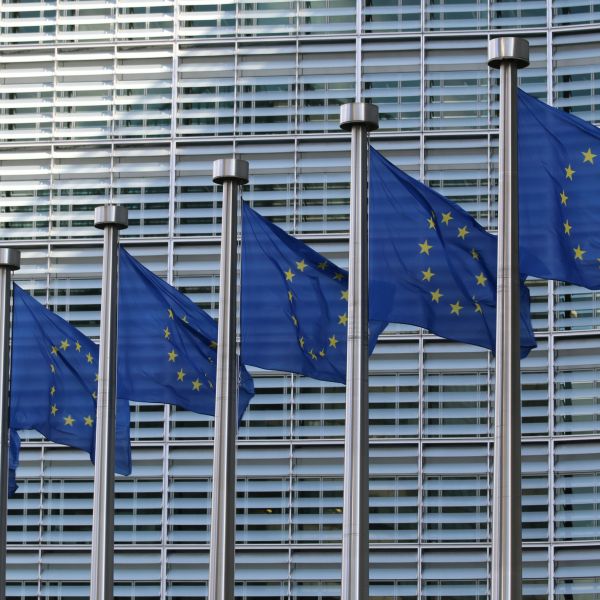Working Together towards the Future The Haag
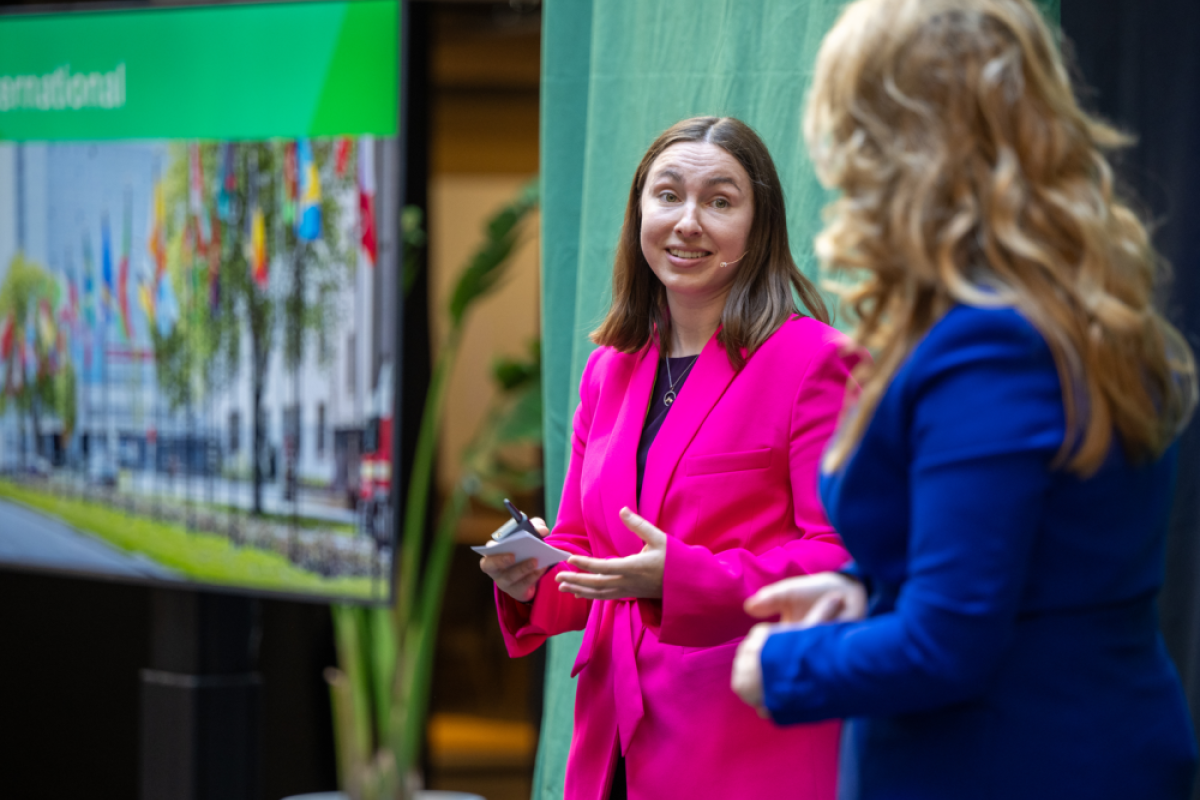
Last week the Hague Climate Accord (HKA) was presented. This accord comprises 38 deals that are linked to 115 different organisations in the city: local resident initiatives, entrepreneurs, businesses, civil society organisation and the municipality of The Hague. Together they considered how The Hague can become climate neutral as fast as possible. Anne de Koster, Sustainability Advisor at The Hague City Council, explains how and for whom this agreement came about and how to proceed.
Photos by Sander Foederer
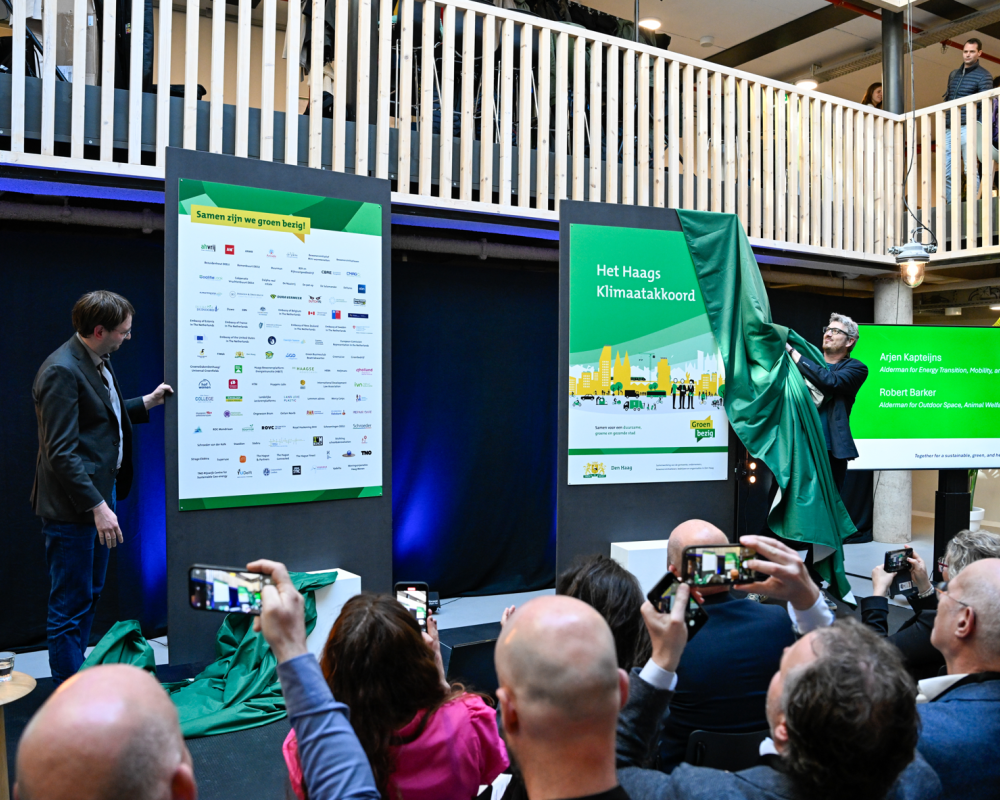
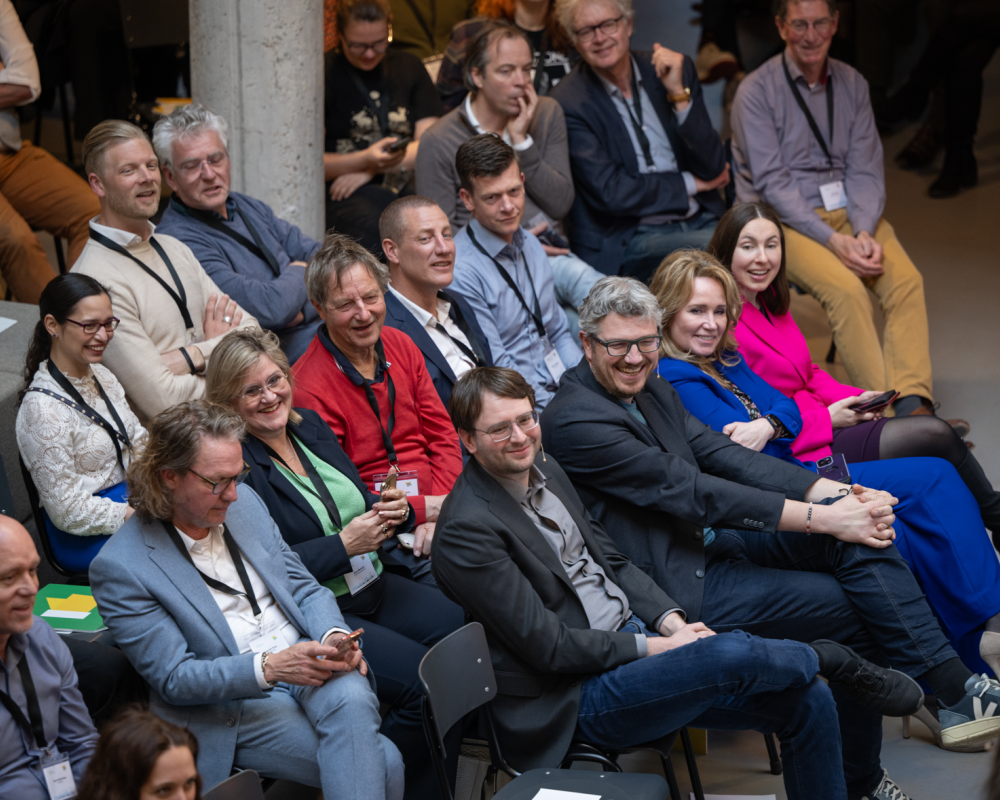
How did the agreement come about?
The Hague is part of the European mission ‘100 Climate Neutral and Smart Cities by 2030’. 100 European cities take part with the ambition to speed up the process of becoming climate neutral (in 2030 instead of 2050). This is a way for the EU to develop knowledge through research, knowledge sharing and scaling up so that other European cities can follow suit. The idea behind this city-centric approach is the idea that governments cannot do everything themselves. “As a government, we can all do things that contribute to sustainability, but to the city climate neutral, everyone’s help is required. Organisations, businesses, entrepreneurs, but also the residents of The Hague are really indispensable!”
To make the city climate neutral everyone’s help is required!
And with that idea, the municipality got started. What began through the organisation of climate tables: moments when residents, businesses and organisations discussed climate with one another and the municipality. “The concept was ‘what will emerge if we bring different parties in the city together.” The hope was that the puzzle pieces would come together and everyone would reinforce each other.” 38 concrete deals resulted from these climate table (divided into four themes), all of which were bundled together into the Hague Climate Agreement.
Many climate deals/agreement already exist (at global, European and national levels, for example, ‘The Paris Climate Agreement, the Dutch Climate Act and the European Green Deal’). What makes this Hague Accord stand out?
The major difference between the HKA and these latter treaties is that they are based on agreement between governments and policy makers. The HKA is based precisely on cooperation with all parties active in the city. This is not a plan drawn up for and by the municipality of The Hague, on the contrary. This accord therefore also does not belong to the municipality, but to all the participating parties. It belongs to the city. This agreement concerns everyone: from real Hagenaren to the local initiators to Dutch and European politicians.
This innovative approach shows that climate justice is high on the agenda at the municipality. This is because climate change affects the underclass of a society first: low-income people can no longer afford the high energy bills, poorly insulated homes are plagued by mold, and sustainable/organic products are often pricey. This causes some people to be disadvantaged in the climate approach and therefore do not feel the need or have the means required to tackle the climate problem. This is another reason why this Hague Climate Agreement was created and sets it apart from other deals and agreements. “This is a movement in which everyone can participate, in a city where every voice counts.” Precisely the local, smaller deals are what make this agreement so special. For example, read Schroeder van der Kolk’s story on the impact of social social work and investing in a circular economy!

One such theme is “International” Why is this theme important in such a regional agreement?
“Fundamentally, the Hague Climate Accord is of course about local approaches, but a lot of the deals show that this cannot just suddenly be cut loose from the international character of the Hague; the City of Peace and Justice. Internationally, that slogan is even better known than in the Netherlands. This is because over the years we have built up a huge international community of organization and businesses. These places are part of the city and therefore belong to this Hague agreement. In addition, of course, there is also the practical part of, for example, embassies located in the Hague.” “These places serves as a kind of link between the Netherlands and the international community with the city of The Hague as a physical meeting point.” It would therefore be crazy if “international” were not a theme in the agreement.
Not to mention that this international community also beings with it a lot of knowledge. “Of course, on the other hand, it is also relevant for us to make use of the knowledge that can be found in the international community. Everything falls back on that little word: cooperation. For example, we have had support from Europe in the development of the climate tables. They offer us knowledge and we build on that so that we can share knowledge back later.” Read more about the international cooperation here.
This is a movement with which everyone can get involved, in a city where everyone’s voice counts.
What are the next steps?
The responsibility for developing and addressing the deals lies with the parties who made it. “For half of the deals, the municipality itself is also a partner. For each deal, the responsibility of implementing deals lies with the participating parties. It is not the intention that we as a municipality pay and do everything. In fact, that is the special feature of this agreement; we are really going to do it together with everyone! The intention is that the initiative will come from all the participating parties.” However, the municipality will play a facilitating role. “An annual event will be organised for the parties in the deal – that is, the current and those future deals – so that the exchange of knowledge and experience will continue to take place. In addition, we are now working on a Climate Council. This council is involved in the implementation of the deals from the Hague Climate Agreement and gives solicited and unsolicited advice to the Municipal Executive and the City Council. The Climate Council should be a diverse representation of the city, with residents, entrepreneurs, business parties, knowledge institutions and civil society organisations.” This is obviously a great way for the Hague residents who want to be extra involved in the ambitious plans.
You can also track the progress of the deals from a distance. “Online, everything will be tracked on the Hague Climate Accord platform. This way people can stay up to date on these (and future deals) through the website.”
What can residents of the Hague do themselves from the climate and how can they contribute to the Hague Climate Accord?
Be sure to visit the Atrium the Hague for the exhibition on this climate agreement! There you can read back all the deals that were made and sea which parties are already contributing to bettering the climate for the future!

“If you personally have a good idea for a deal, contact the municipality of The Hague. If, for example, you say ‘I want to think along or collaborate on that deal’ or ‘I see possibilities here’ we also strongly encourage people to contribute to the Hague Climate Agreement. We see the kick-off of the HKA as the starting signal for a broad movement actively working towards a pleasant, healthy and green city that is ready for the future. It is therefore definitely the intention that new deals will be added along the way.
Moreover, we will soon have a Climate Council, for which residents can also apply. I think it would be fantastic if this will be council mirrors our city which can think with and advise us.
Additionally, there are always all kinds of things that can be done in your neighbourhood. You can work with your neighbours or do something with people from your street. Duurzaam Den Haag also does a lot for and by residents.” Think out-of-the-box, because often much more than you can imagine is possible!


